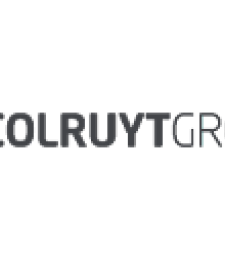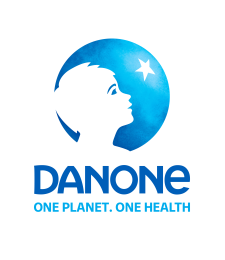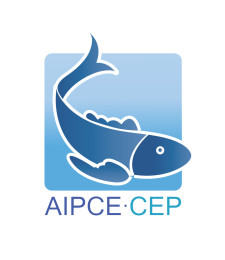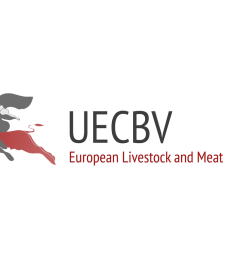Pledges
Colruyt (2023)
Pledges

Publishing organisations:
Editorial team
Relevant countries:
Belgium
Organisation types:
Company with 250 or more employees
Next progression check date:
Colruyt Group is a Belgian family-owned retail corporation founded in 1928, headquartered in Halle, Belgium, with over 30,000 employees. It operates various store formats, including supermarkets and discount stores, and emphasizes sustainability through initiatives like reducing carbon emissions and promoting renewable energy.
Editorial team
Topics
Belgium
Company with 250 or more employees
-
CoC aspirational objectives
-
-
2. Prevention and reduction of food loss and waste
-
Share
Colruyt Group is constantly looking at improving its sustainable practices. Across all of our operations, we have set KPIs and are ensuring progress in terms of our integral product supply chain, our company infrastructure, our business partners, consumers, and society at large. We advocate the European Union’s Code of Conduct on Responsible Food Business and Marketing Practices as we believe it is a very relevant leaver in inspiring stakeholders across the food chain to take leadership and make progress.
Commitments by aspirational objectives:
Aspirational objective 2: Prevention and reduction of food loss and waste (at the consumer level, within internal operations, and across value chains)
With the aspirational target:
A 50% reduction of per capita food waste at the retail and consumer level by 2030 and reduced food losses along the food production and supply chains in the EU.
Colruyt Group Targets:
· Every year, we want to sell at least 97,4% of our fresh products;
· By 2025 at least 40% of our consumable non-sold food is made available for human or animal consumption.
We have envisaged imposing very precise targets onto ourselves, but have decided not to do that for the following reasons:
· Absolute numbers in reducing food waste can be impacted by having more or less stores and more or less sales;
· Reduction of food waste (tonnes per million EUR sales) can be impacted by business cycles with price increases and decreases.
Colruyt Group rolled out eco-labelling on food on a large scale in 2021 and remains up to this day the only retailer having successfully marketed eco-labelling on food both online (on apps, websites) and offline (in-store and Front-Of-Pack on private label products). The label and methodology used, Eco-Score, is a methodology developed by an independent French Consortium and supported by the French Agence de la Transition Ecologique, ADEME.
The Score informs consumers at a glance about the potential impact of a specific food product on the environment and thus, is the first step to guide consumers towards a more sustainable diet and consumption pattern. Eco-Score fits in Colruyt Group’s strategic objective of making sustainable and conscious consumption possible and stimulating it by providing customers with trustworthy information so they can make more conscious and well-informed choices.
Since 2021, we have set up reporting so that we can effectively measure the impact on consumers' consumption patterns. We continue to:
· increase consumers’ awareness of the Eco-Score;
· give consumers access to deeper information (what is behind the score);
· adapt to further developments of the score, in full transparency, taking into account evolutions from a scientific, data, and legislative point of view as they develop;
· activate/motivate consumers to favour better scores;
· improve the Eco-Score of private-label products.
Our target:
- By 2026 we will generate 34.5% of our food revenue with products having Eco-Score A and B.
Full detail of the pledge in the provided attachment.
Documents
Comments (0)
See also
-
40
Danone's commitments to the EU Code of Conduct (2025)
Relevant countries: Austria
Organisation types: Company with 250 or more employees
Next progression check date:
- Categories
- 2. Prevention and reduction of food loss and waste
-
4
AIPCE CEP (2021)
Publishing organisations: AIPCE CEP
Relevant countries: Belgium
Organisation types: Industry Associations and Chambers of Commerce
Next progression check date:
- Categories
- 2. Prevention and reduction of food loss and waste 3. A climate - neutral food chain in Europe by 2050 4. An optimised circular and resource-efficient food chain in Europe +3 more
-
2
UECBV (2021)
Publishing organisations: UECBV
Relevant countries: Belgium
Organisation types: Industry Associations and Chambers of Commerce
Next progression check date:
- Categories
- 2. Prevention and reduction of food loss and waste 3. A climate - neutral food chain in Europe by 2050 4. An optimised circular and resource-efficient food chain in Europe +3 more




